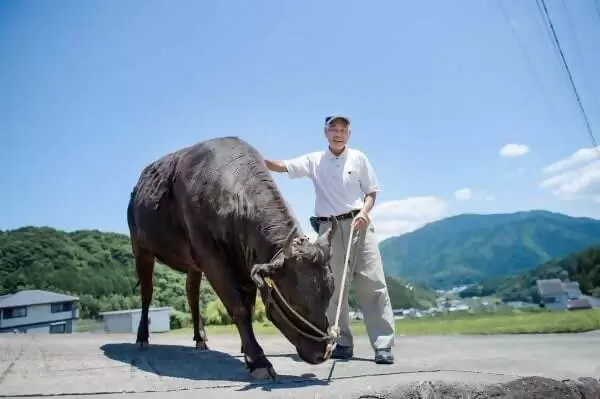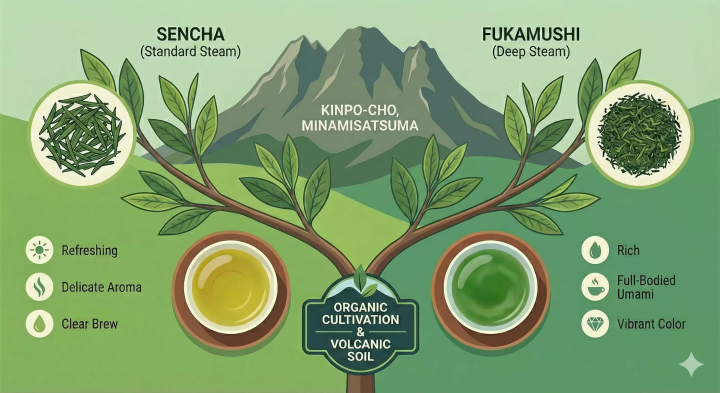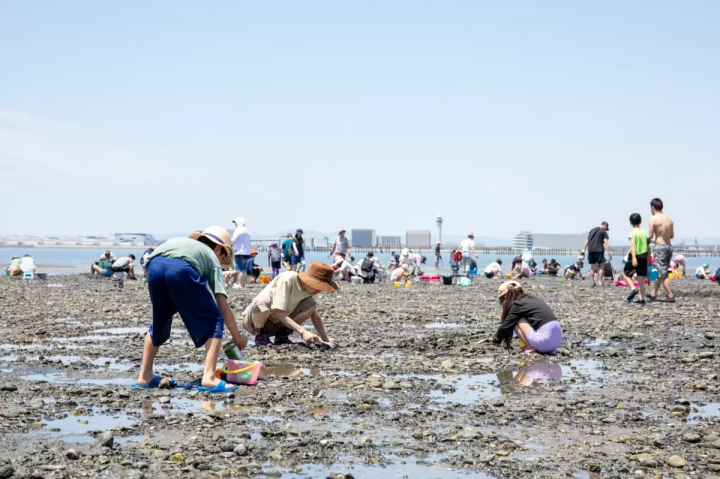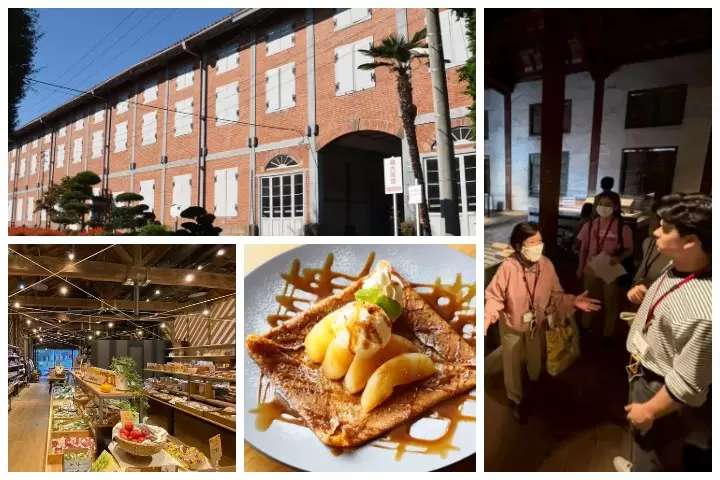[Asakusa, Tokyo] Would you like to make a Christmas wreath using the traditional Japanese decorative string "Mizuhiki"?
![[Asakusa, Tokyo] Would you like to make a Christmas wreath using the traditional Japanese decorative string "Mizuhiki"?](https://resources.matcha-jp.com/resize/720x2000/2023/10/20-149688.webp)
Mizuhiki is a decorative string used for gifts in Japan. Recently, its beauty has attracted attention, and it has been arranged into accessories and miscellaneous goods. Would you like to make a wreath with mizuhiki during the Christmas season?
What is Mizuhiki?
![[Asakusa, Tokyo] Would you like to make a Christmas wreath using the traditional Japanese decorative string "Mizuhiki"?](https://resources.matcha-jp.com/resize/720x2000/2023/10/20-149676.webp)
Since ancient times in Japan, there has been a custom of wrapping gifts with decorative strings called ``mizuhiki.'' ``Mizuhiki'' is a decorative string made by twisting Japanese paper, hardening it with glue, and then wrapping it with thin paper or silk thread.
Mizuhiki is said to have three meanings.
The first is proof that the package is unopened. The second one is an amulet. The third meaning is to form connections between people.
The way it is tied has a meaning, and it is used depending on the time and situation.
``Awaji knot'' is used for wedding celebrations because it is tightly tied and cannot be untied. ``Umemusubi'', which is a variation of ``Awajimusubi'' and has a plum blossom motif, has a similar meaning. Plum is also an auspicious flower with the meaning of prosperity of descendants.
Bowknots can be tied again and again, so they are often used for celebrations such as baby showers.
Colors also have meanings; red and white or red gold are used as gifts for auspicious occasions, and black and white or yellow and white mizuhiki are used for condolence gifts.
The number also has meaning. The basics are 5 strands, 3 for a more casual look, and 7 for a more formal look.
In this way, in Japan, there is a custom of giving gifts that express feelings by tying the mizuhiki and using different colors.
Let's try the basic knot ``Awaji knot'' and its arrangement ``Ume knot''!
![[Asakusa, Tokyo] Would you like to make a Christmas wreath using the traditional Japanese decorative string "Mizuhiki"?](https://resources.matcha-jp.com/resize/720x2000/2023/10/20-149679.webp)
Recently, its beauty has attracted attention, and it has been arranged into accessories and miscellaneous goods. Color variations are increasing, and you can enjoy modern designs.
Although it looks very complicated, the basic knot ``Awaji knot'' (pictured left) is very simple! With a little arrangement, you can also make a ``ume knot'' (pictured on the right).
Why not give it a try?
At ``Utsuwa & Crafts Seikyodo'' in Asakusa Kappabashi, Tokyo, you can try your hand at making mizuhiki.
We have three plans available, so please reserve the course of your choice.
[Plan 1] Let's make a Christmas wreath with Mizuhiki (limited plan until December)
![[Asakusa, Tokyo] Would you like to make a Christmas wreath using the traditional Japanese decorative string "Mizuhiki"?](https://resources.matcha-jp.com/resize/720x2000/2023/10/20-149683.webp)
Make an Awaji knot or a plum knot and decorate it with a Christmas wreath. We will prepare the base of the wreath (15cm in diameter) here. This is a limited plan until December.
Experience time: 1 hour
Fee: 5,000 yen
[Plan 2] Let's make a bookmark with Mizuhiki
![[Asakusa, Tokyo] Would you like to make a Christmas wreath using the traditional Japanese decorative string "Mizuhiki"?](https://resources.matcha-jp.com/resize/720x2000/2023/10/20-149674.webp)
Make an Awaji knot and a plum knot and arrange them into a bookmark. You can choose your favorite color. This is a year-round plan.
Experience time: 1 hour
Price: 2,200 yen
[Plan 3] Let's make Mizuhiki "Pochibukuro"
![[Asakusa, Tokyo] Would you like to make a Christmas wreath using the traditional Japanese decorative string "Mizuhiki"?](https://resources.matcha-jp.com/resize/720x2000/2023/10/20-149685.webp)
Make Awaji knots and plum knots and decorate them in "pochibukuro" made from washi paper.
A ``Pochibukuro'' is a small bag that is used to give money as a gesture of gratitude or celebration.
You can also use it as an envelope when sending message cards.
You can also choose your favorite color. This is also a year-round plan.
Experience time: 1 hour
Price: 2,200 yen
For reservations and inquiries, please contact this email address.
At that time, please enter your desired course, date and time, and number of participants.
Reservations can be made from Tuesday to Sunday from 11:00 to 16:00.
If there are other reservations, we may not be able to accept your order.
*We also accept inquiries by phone. However, we will only respond in Japanese, so if you are in another language, please contact us by email.
You can try it out at this store!
"Shokunin Zukan" is a web magazine that conveys information on traditional Japanese crafts. We introduce the appeal of crafts that are made with local roots throughout Japan, as well as the outstanding skills of the craftsmen who create them. Kappabashi, Tokyo, which is close to Asakusa and is known as the town of cooking utensils, there is a flagship store called ``Seikyoudou,'' which displays and sells crafts from all over Japan. We also hold workshops, where you can experience Japanese traditional crafts and culture.
The contents on this page may partially contain automatic translation.


![[Asakusa, Tokyo] Would you like to make a Christmas wreath using the traditional Japanese decorative string "Mizuhiki"?](https://resources.matcha-jp.com/resize/720x2000/2023/10/20-149696.webp)



































